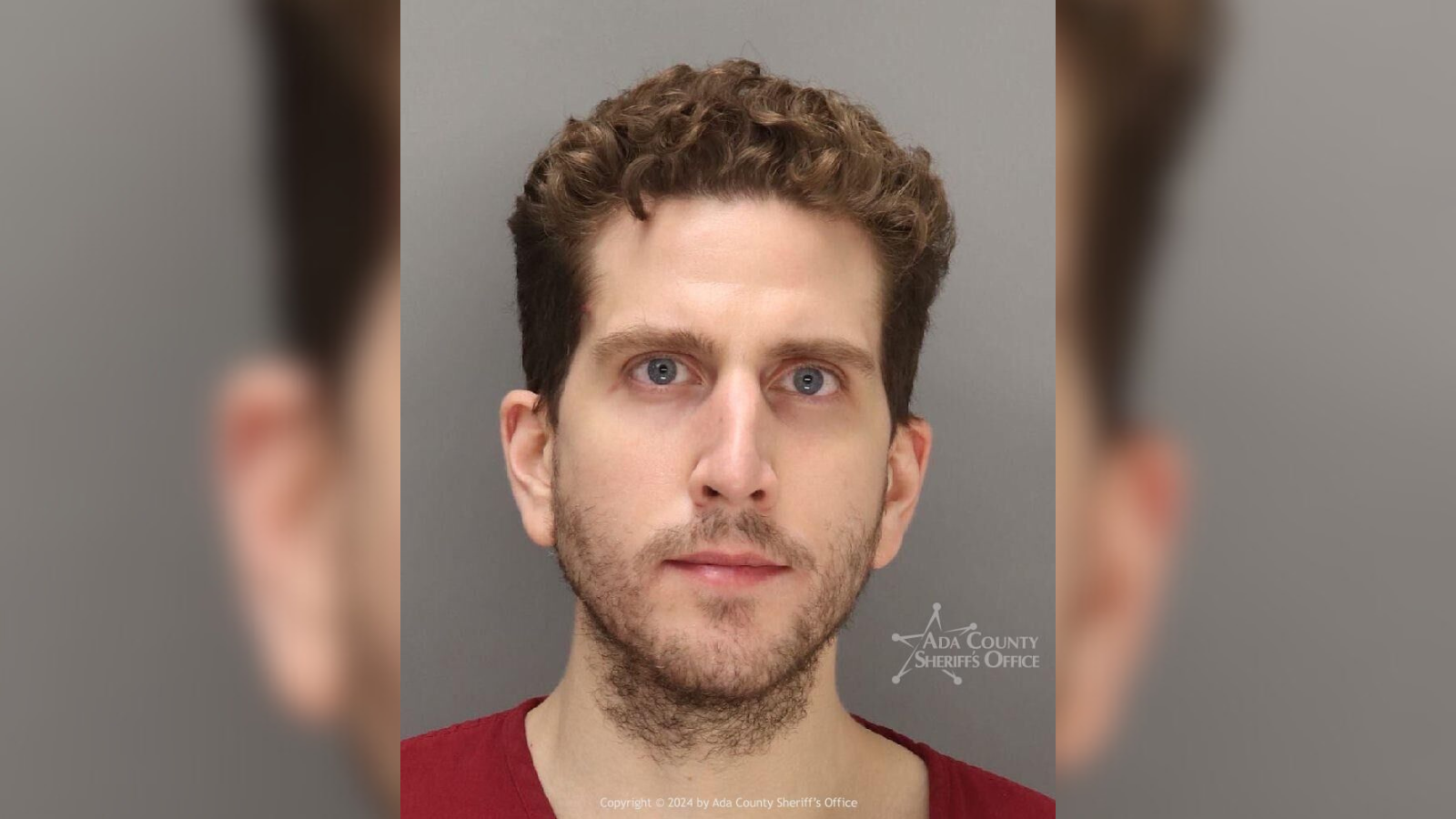BOISE, Idaho – Attorneys asked with representing the man accused of killing four University of Idaho students in 2022 will spend most of Thursday arguing that he should not face the death penalty if convicted.
Prosecutors are seeking the death penalty for Bryan Kohberger if he’s convicted of killing Kaylee Goncalves, Xana Kernodle, Ethan Chapin and Madison Mogen.
You can watch the live stream here.
Defense attorneys have filed multiple briefs in advance of Thursday’s hearing, arguing everything from the availability of lethal injection chemicals to what they call the cruel and unusual method of using the firing squad.
The judge’s comments early in the case serve as a reminder of how long it takes to carry out a death sentence in Idaho. Because of that, he wondered if the method of execution can serve as a valid argument in this case.
“If he’s convicted, we know it’s going to be a decade plus before it carries out and who knows what methods would be available then,” said Ada County Judge Steve Hippler.
Defense attorney Anne Taylor’s first argument was that Idaho doesn’t have the means to execute someone.
She pointed to both the botched execution of serial killer Thomas Creech and also a previous execution that was canceled because the state could not obtain the chemicals needed to carry out an execution by lethal injection.
Judge Hippler interrupted Taylor, saying the state not only has twice obtained the chemicals to execute Creech, but also that the Idaho Department of Corrections has changed the procedures that caused the failure in the Creech execution to make it easier for the prison team to obtain an IV line.
A federal judge issued a stay of execution for Creech’s execution that was scheduled for next week.
The prosecution in the Kohberger case echoed the judge’s point that because anyone sentenced to death now wouldn’t be executed after years of appeals, the argument over the method of execution is not timely.
Defense attorneys made overall arguments about the death penalty in Idaho.
They argued specific aggravating factors that prosecutors used to determine if Kohberger should face the death penalty.’
To be eligible for the death penalty in Idaho, defendants have to meet one or more aggravating factors.
For example, they pointed to Idaho as the only state that uses “utter disregard” and “multiple victims” as an aggravating factor.
The defense says the multiple victim factor diminishes the severity of a murder where there is only one victim.
“Isn’t it more problematic, the more lives you take?” Judge Hippler asked. The defense responded by saying “it depends” on how the deaths of multiple victims occurs.
The judge asked, “is that a constitutional problem or an evidence problem?”
Defense attorneys also asked the judge to strike “future dangerousness” as an aggravating factor.
Taylor argues that it’s too vague – because of the word “probably” – and the language of the statute is too confusing for a jury to understand.
“This factor doesn’t do anything to determine who’s the worst of the worst,” Taylor argued. “It’s a violation of the Eight Amendment and it must be struck.”
Prosecutors argued that the court has to assume that the jury can follow the law and follow the instructions laid out by the judge.
In a closed hearing before the death penalty arguments began, Kohberger’s defense team asked if he could wear regular clothes instead of a jail jumpsuit. The prosecution did not object and Kohberger appeared in court wearing a suit and tie.
The arguments are scheduled to continue for much of the day. It’s not clear if Hippler will make a decision today.
This article will be updated throughout the day as arguments are made.
COPYRIGHT 2024 BY KXLY. ALL RIGHTS RESERVED. THIS MATERIAL MAY NOT BE PUBLISHED, BROADCAST, REWRITTEN OR REDISTRIBUTED.


